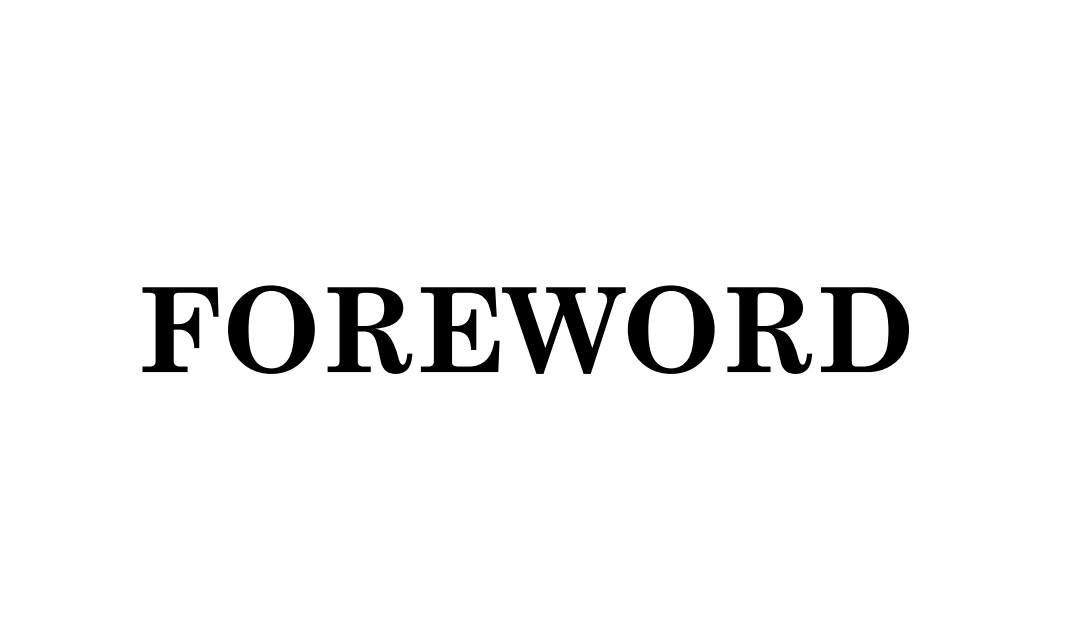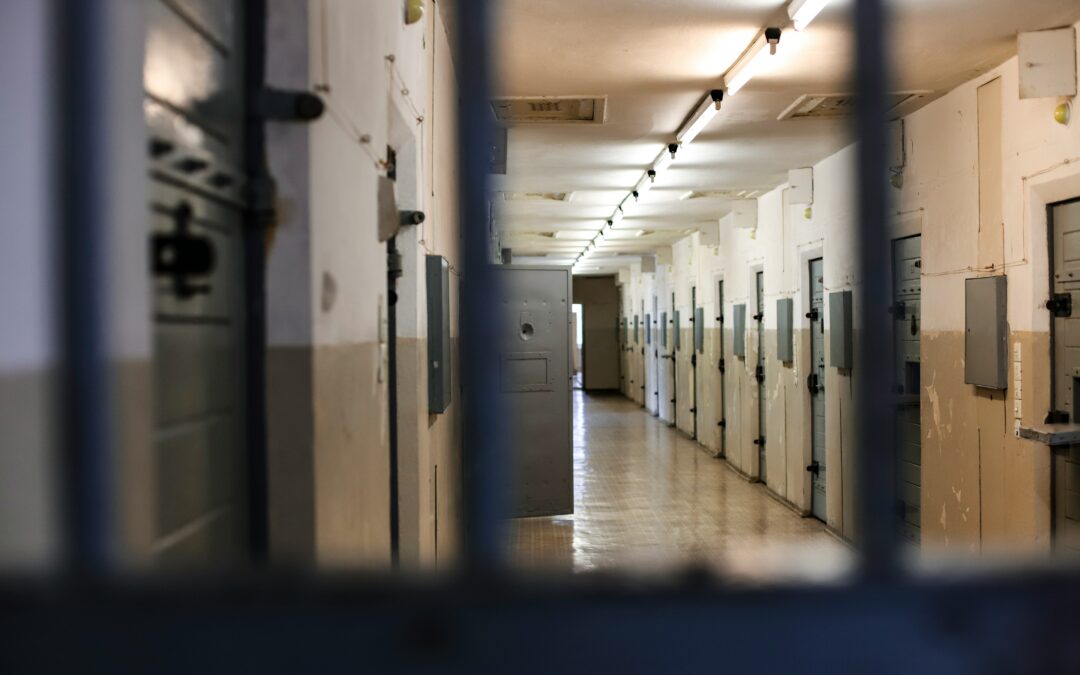
Acknowledgments
Read Full Article (PDF)
Alyssa G. Harrison *
* Symposium Editor, University of Richmond Law Review; J.D. 2025, University of Richmond School of Law.

Alyssa G. Harrison *
* Symposium Editor, University of Richmond Law Review; J.D. 2025, University of Richmond School of Law.

Allison Anna Tait *
Luke P. Norris **
* Professor of Law and Associate Dean of Faculty, University of Richmond School of Law. J.D., Yale Law School; Ph.D., Yale University; B.A., Bryn Mawr College.
** Professor of Law, University of Richmond School of Law. J.D., Yale Law School; M.Sc., Oxford University; B.A., Gettysburg College.

In 1871, the Supreme Court of Virginia infamously stated: “The bill of rights is a declaration of general principles to govern a society of freemen, and not of convicted felons and men civilly dead.” As a result of that civil death, incarcerated people only had rights “such as the law in its benignity accords to them” as “[t]hey are the slaves of the State.” While that is no longer the law, incarcerated people still face a form of civil death through removal from the political process. Obvious manifestations of this civil death include restrictions on voting and the gerrymandering of prison populations. But that is only scratching the surface. Using censorship and cultures of intimidation and reprisal, prisons harshly restrict incarcerated people’s ability to participate in social and political movements. If it were not for the tenacity and bravery of many incarcerated activists, there would be no participation at all.
Lawyers have the ability and duty to mitigate this problem. Doing so is an essential precursor to practicing movement lawyering in the prison context—a practice I believe is necessary. While many definitions exist for movement lawyering, I am partial to Betty Hung’s, which defines the practice as “[l]awyering that supports and advances social movements, defined as the building and exercise of collective power, led by the most directly impacted, to achieve systemic institutional and cultural change.”
This article is split up into five parts. First, I will briefly discuss the dire situation in prisons, as well as the terminology I am using. Second, I will discuss the authoritarian nature of prisons and the mechanisms by which every aspect of life behind bars is controlled by the state. Third, I will provide a very brief overview of free speech and due process rights for incarcerated people. I will then illustrate the importance of taking the voices of imprisoned people seriously through two stories—one from California and one from New York. Lastly, I will explain the moral and practical reasons why I believe lawyers must perform this work.
Danny Zemel *
* Associate Attorney, The Krudys Law Firm, Richmond, Virginia; J.D., University of Richmond School of Law; B.A., The University of Pittsburgh. I would like to thank Sharon Zemel, Katie Zemel, and Liza Garrity for their support and input throughout the process. Yelyzaveta Shevchenko, Juliana Neelley, and Will Amacker provided invaluable editing assistance. The feedback from Mark Krudys was crucial, as was the latitude he provided to work on this project. Alyssa Harrison, and the entire University of Richmond Law Review staff, have been superb to work with and helped make the article what it is. All errors of any kind are my own.

In the pivotal decision of Brown v. Board of Education, the Supreme Court of the United States noted that “education is perhaps the most important function of state and local governments” and that “it is doubtful that any child may reasonably be expected to succeed in life if he is denied the opportunity of an education . . . [which] is a right [that] must be made available to all on equal terms.” Yet nearly seventy years later, our nation’s education system is far from equal, with a number of reports across the country finding dismal conditions in many public schools. These underachieving schools are disproportionately found in low-income areas and are a major contributor to rising inequality, a wrong that the law-and-political-economy (“LPE”) movement is trying to right.
This Comment will argue that the United States’ current education system is hyperfocused on producing future laborers—it only invests the bare minimum needed to give everyone nominal literacy and math skills in K–12 schools, and then puts the onus on the individual to seek the appropriate amount of higher education needed for their chosen profession. For example, in our current system it is of little importance to society that the head chef of a restaurant understands complex, multi-variable calculus, so long as they can manage an effective kitchen. The time and resources needed to teach the chef anything beyond the skills needed for their job are seen as waste in our current view, forcing the chef to invest in more training on their own if they think the skills gained are worth the time and money and will result in higher returns (i.e., a
higher salary).
This Comment advocates for a different standard: the “well-educated voter and juror” standard that wants each citizen educated to a sufficient level at which they can vote intelligently and understand potentially complex concepts that might
arise if they sit on a jury. This will require a much larger investment in public education.
Jonathan Brooks *
* J.D., 2025, University of Richmond School of Law; M.A. Ed., 2011, The College of William and Mary School of Education; B.A., 2010, University of Virginia.

On October 25, 2024, The University of Richmond Law Review hosted a Symposium entitled Economies of Extraction: Labor, Care, and the Carceral State. Professor Yiran Zhang delivered the presentation transcribed below, which has been edited for clarity and cohesion. The University of Richmond Law Review was honored to host her and is thrilled to publish this transcript of this
thoughtful discussion.
Yiran Zhang *
* Assistant Professor, School of Industrial & Labor Relations, Cornell University. Associate Faculty, Cornell Law School. Professor Zhang’s research focuses on the governance of care work at the intersection of the often-informal labor markets, the welfare state, and the economic household. Professor Zhang received an S.J.D. and an LL.M. from Harvard Law School and an LL.B. from Tsinghua University.

On October 25, 2024, The University of Richmond Law Review hosted a Symposium entitled Economies of Extraction: Labor, Care, and the Carceral State. Professor Gali Racabi delivered the presentation transcribed below, which has been edited for clarity and cohesion. The University of Richmond Law Review was honored to host him and is thrilled to publish this transcript of his thoughtful discussion.
Gali Racabi *
* Assistant Professor, School of Industrial & Labor Relations, Cornell University. Associated Faculty, Cornell Law School. Professor Racabi’s research focuses on the legal foundations of workplace power, and his current projects include writing on exclusions from work law; technological change and antidiscrimination law; platform work; and the burgeoning U.S. students’ worker movement. Professor Racabi earned his doctorate at Harvard Law School, and an LL.B. and B.A. from Haifa University, Israel.

On October 25, 2024, The University of Richmond Law Review hosted a Symposium entitled Economies of Extraction: Labor, Care, and the Carceral State. Panelists Anna Kurien, Cassie Powell, and David Walrod spoke on movement lawyering, community building, and solidarity in our current legal and political environment in a discussion moderated by Professor Doron Samuel-Siegel. The conversation is transcribed below, which has been edited for clarity and cohesion. The University of Richmond Law Review was honored to host our panelists and is thrilled to publish this transcript of their thoughtful dialogue.
Moderator: Professor Doron Samuel-Siegel *
Panelists: Anna Kurien,** Cassie Powell,*** David Walrod ****
* Professor of Law, Legal Practice at the University of Richmond School of Law
** Legal Director, Civil Rights & Racial Justice Program at the Legal Aid Justice Center.
*** Director, Access to Justice Clinic; Assistant Professor of Law, Legal Practice at the University of Richmond School of Law.
**** Union President, Fairfax County Federation of Teachers. The Fairfax County Federation of Teachers represents all non-administrative certified and classified Fairfax County Public Schools employees.

Jami-Reese D. Robertson*
* Editor-in-Chief, University of Richmond Law Review; J.D. 2025, University of Richmond School of Law.

Law firms are unique creatures. They are subject to market pressures as well as ethical obligations and professional norms. They are in direct competition with other organizations for both clients and the lawyers necessary to perform work for those clients. They are comprised of lawyers who are simultaneously cooperative and competitive with one another. They are neither hierarchy nor anarchy, neither a collection of independent actors nor an entity under which its employees are subsumed. Instead, they are organizations shaped and reshaped by their members; organized around shared goals, internal contestations and external constraints; and defined by the ties between and among the firm, its attorneys, and its clients. As such, law firms can best be conceptually understood as a network of lawyers.
This article looks to move past the merely conceptual and examine an actual law firm’s internal working network Using the press releases of a large corporate law firm—documents that identify the lawyers who have worked together on particular matters—to build a dataset of working ties in the firm, this article presents an empirical model of the law firm as a network of lawyers. I then use statistical analysis to determine what factors influenced the creation of this network, explore how this network and the lawyers in it were affected by an external shock in the form of the 2008–09 financial crisis, and look to understand how structural positions in this network affect the power within the firm of the constituent lawyers. In doing so, I confront questions about power within professional organizations, stratification within the legal profession, and how professional norms interact with organizational goals to influence behavior within the law firm.
Alan James Kluegel *
* Assistant Professor, University of Kentucky J. David Rosenberg College of Law. The author would like to thank Heather Haveman, KT Albiston, Calvin Morrill, Bob Lawless, Arik Lifschitz, commenters at the American Sociological Association and Law & Society Association conferences — and Laurie Edelman, one last time. Kelly Vance and the editorial team at the University of Richmond Law Review have improved this Article immensely. All errors will eventually be correct on a long enough timeline.

Public nuisance plaintiffs can seek limited remedies. Generally, plaintiffs can sue to abate a public nuisance, with the available monetary relief limited to the funds necessary to do so. Because public nuisance law limits plaintiffs’ monetary award to forward-looking abatement relief, there can be a large disparity between the profit a defendant earns by creating a public nuisance, or its total social cost, and the costs the defendant incurs when liable.
This Article argues that the financial consequences defendants face in public nuisance litigation are too small to effectively deter potential tortfeasors from creating public nuisances. Liability will deter potential tortfeasors from engaging in tortious conduct if the expected penalties exceed the tortfeasor’s benefit from engaging in that conduct. An optimal remedial regime would therefore levy financial penalties that incentivize the defendant to take more care, or limit its activity, by making it unprofitable to unreasonably interfere with public rights. But under current law, a firm can profitably create a public nuisance whenever the profits the firm generates prior to legal intervention exceed abatement costs, which is generally true. And so, the incentives that public nuisance law establishes are insufficient to deter defendants from creating a public
nuisance.
Efficient deterrence of public nuisance requires a more forceful remedy than the law currently provides. This Article argues that courts should disgorge tortfeasors of the profits gained from a public nuisance.
Clayton J. Masterman *
* Associate Professor of Law, University at Buffalo School of Law; email: cjmaster@buffalo.edu.